Suffering from relationship trauma is one of the hardest things you can ever go through, but if you don’t try to move on from it, how will you make your current relationship work?
Are you dealing with a past trauma that’s negatively affecting your current relationship?
Many people have experienced something traumatic in their lives — ranging from parental abandonment to sexual abuse. This array of issues that weren’t supposed to happen but did are insidious to the quality of one’s mental health and relationships.
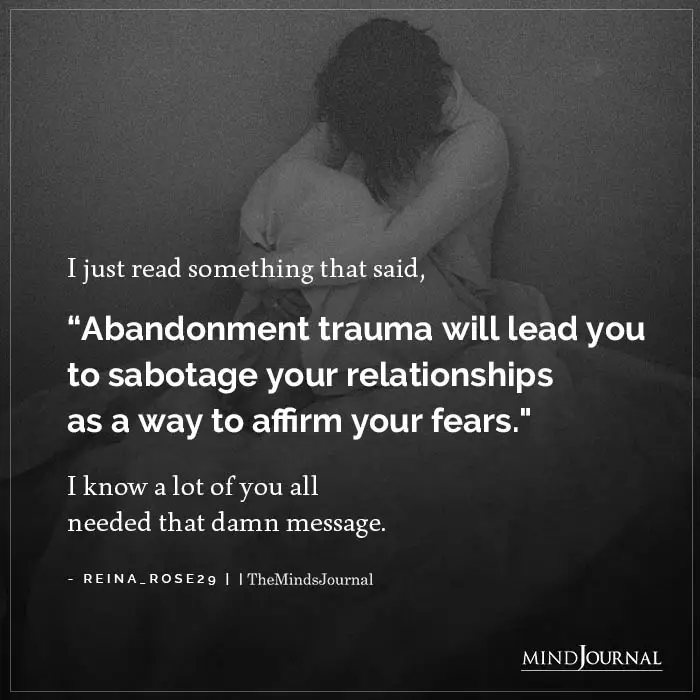
The old adage, “Time heals all” is a lie. Time does not heal all.
In spite of one experiencing trauma decades ago, it doesn’t mean those moments aren’t as troubling and impactful as they were when it happened.
Being in a relationship with another person is hard! And it’s even more of a challenge when one is using their energy to push away unpleasant thoughts, painful emotions, and the like.
Related: How Childhood Trauma Impacts our Physical, Emotional and Relational Health
Our childhood trauma and traumatic histories serve as shells around our hearts and an obstacle in being present in the relationship. Our brains learned long ago how important self-preservation is and it works overtime ensuring it!
Many people with a history of trauma lack the ability to create or sustain vital and healthy relationships, whether it be with a spouse, family members, or friends.
But, the good news is, there are 4 steps to take that will help you deal with your past relationship trauma so your current ones don’t suffer from it.
Here Is How You Can Overcome Past Relationship Trauma
1. Express Your Feelings To Your Partner.
“That was one of the saddest things about people – their most important thoughts and feelings often went unspoken and barely understood.” — Alexandra Adornetto
Let them know how those traumatic events affected you.
You may have told your partner about the circumstances you faced during the time of the trauma and you should continue keeping your partner in the loop about the things that are coming up for you so they know what is happening.
This includes unpleasant thoughts, bad dreams, and feelings of anger or shame.
When you’ve been traumatized by your past, your partner wants to support you and help in any way they can. But, it’s hard for them to know how to help you if they don’t know that you need their help.
2. Create A Plan To Cope With Your Thoughts And Emotion And Share It With Your Partner.
When we are having a ton of unpleasant emotions or are “checked out”, it’s hard to know that it is time to do some healing.
Sharing your coping strategy with your partner allows them to help you. They can prompt you to use an approach to change your emotional state. It’s important to allow your emotions to surface and, getting too stuck in painful emotions can create more unpleasant emotions.
Related: 9 Strategies to Cure Emotional Hangovers
3. Write About The Trauma You Experienced.
But, if writing is not your forte, think about other creative outlets you can use to process your trauma in-depth. It can be through dance, song, art — anything that allows you to tell the story of what happened.
When we’ve experienced a traumatic incident, we slip into non-discussion and non-processing of the event. When we think about what happened, it hurts deeply.
So, when any thought or reminder of the trauma surfaces, the brain quickly pushes it away. Self-preservation, remember?
And, too much pushing away leads to avoidance, the inability to heal from the pain, and more intense emotions commonly projected onto our partner, leading to unhealthy relationships. Get it out and use your coping plan to help with feeling better.
4. Meet With A Mental Health Professional Trained In Conducting Trauma Work.
For some people, talking about or writing about their trauma is simply too much. There is a fear that if the trauma is spoken about, they will never stop crying or they will fly into a rage and things won’t end well.
If that is the case, whether it be from your experience of it happening or a fear that you can’t shake, contact a therapist who is trained in providing trauma treatment.
Written By Vena Wilson
Originally Appeared On YourTango
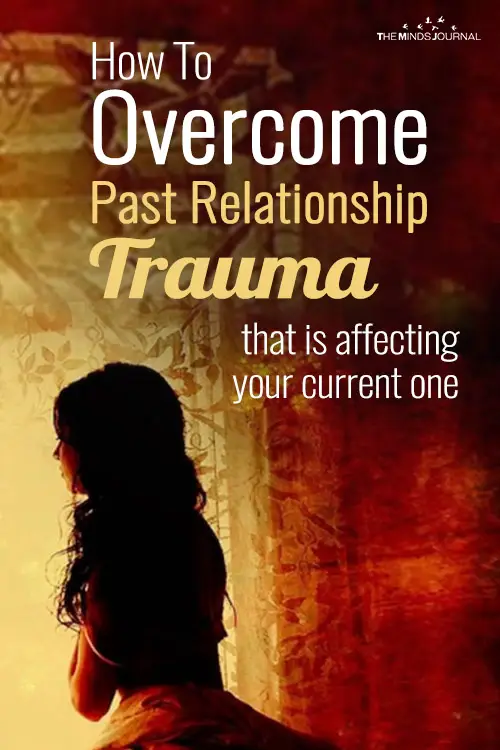
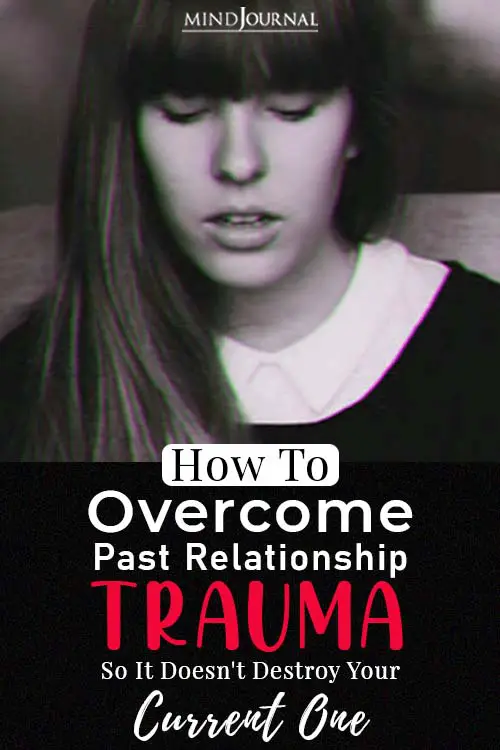
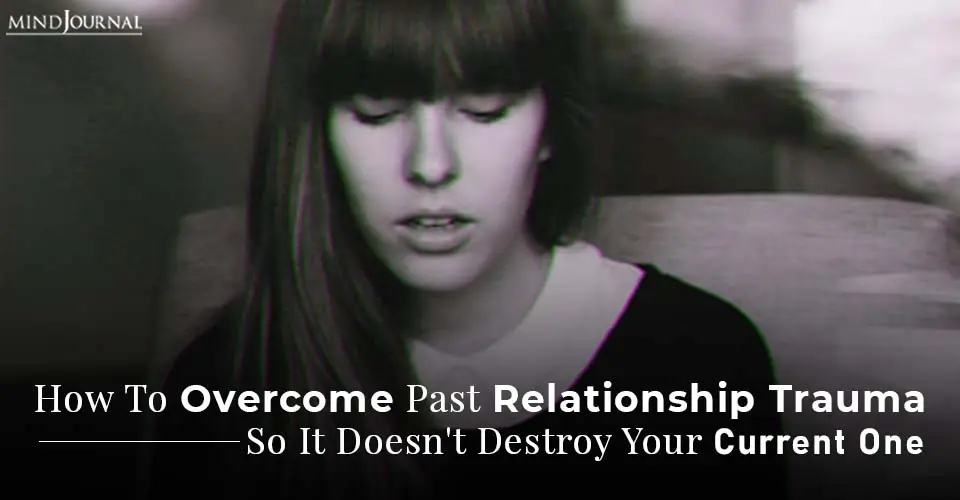
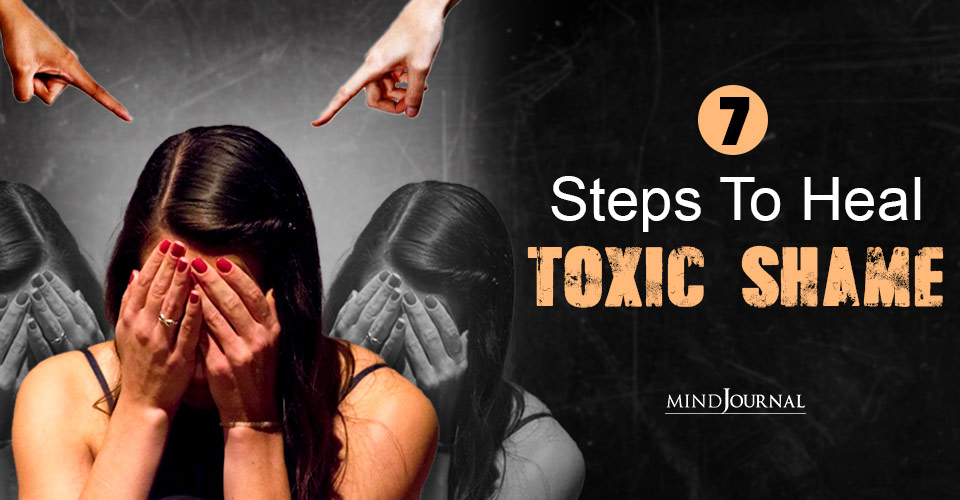
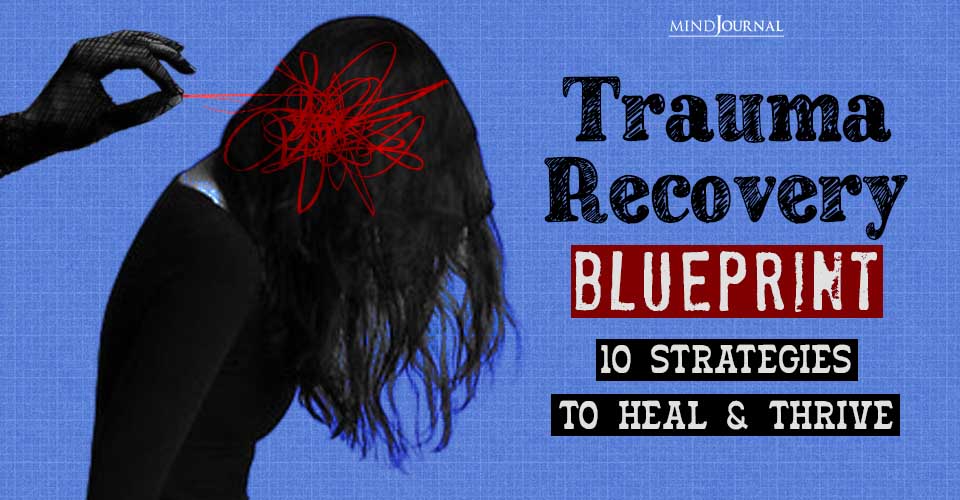
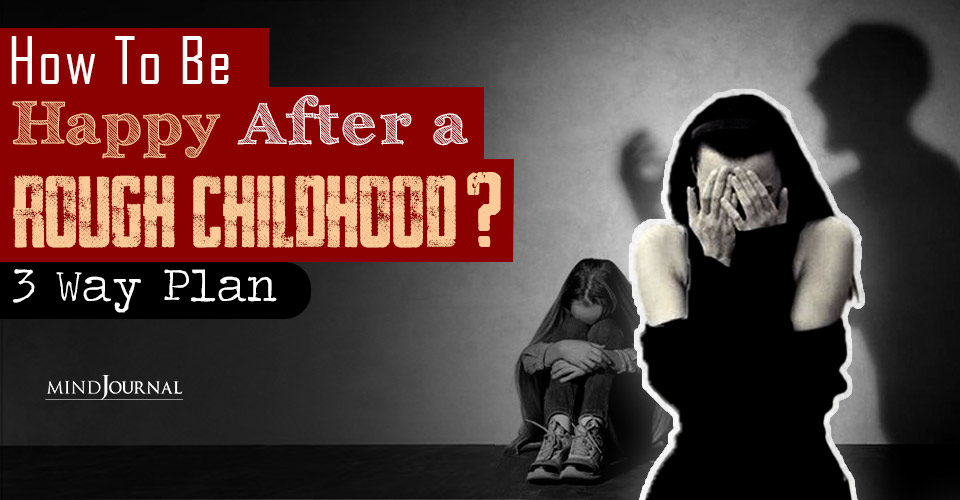
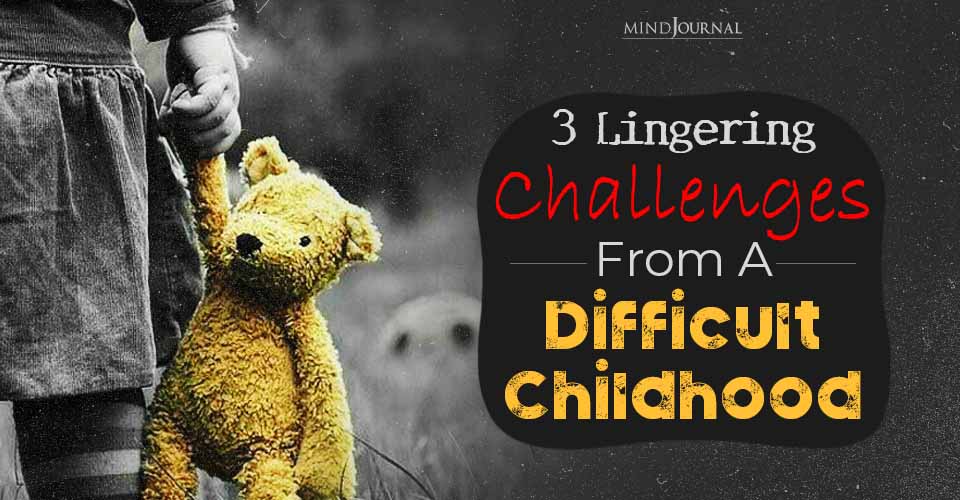
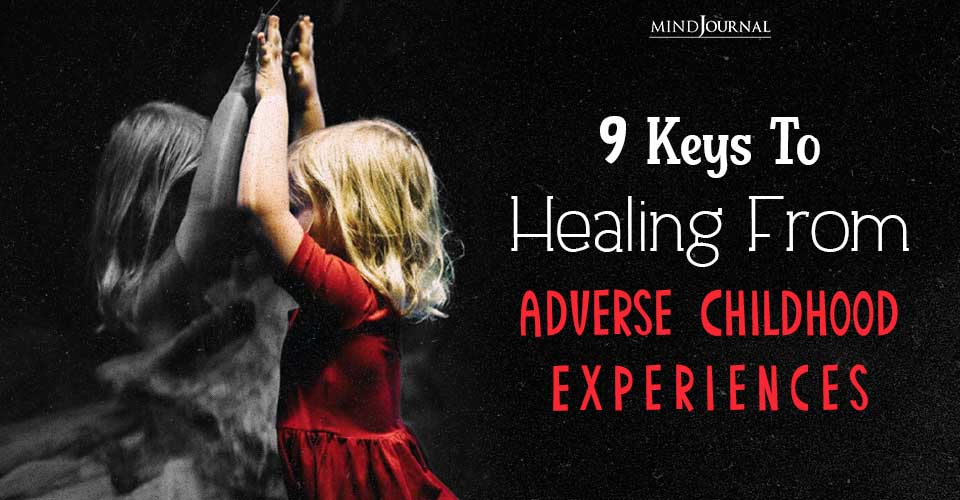
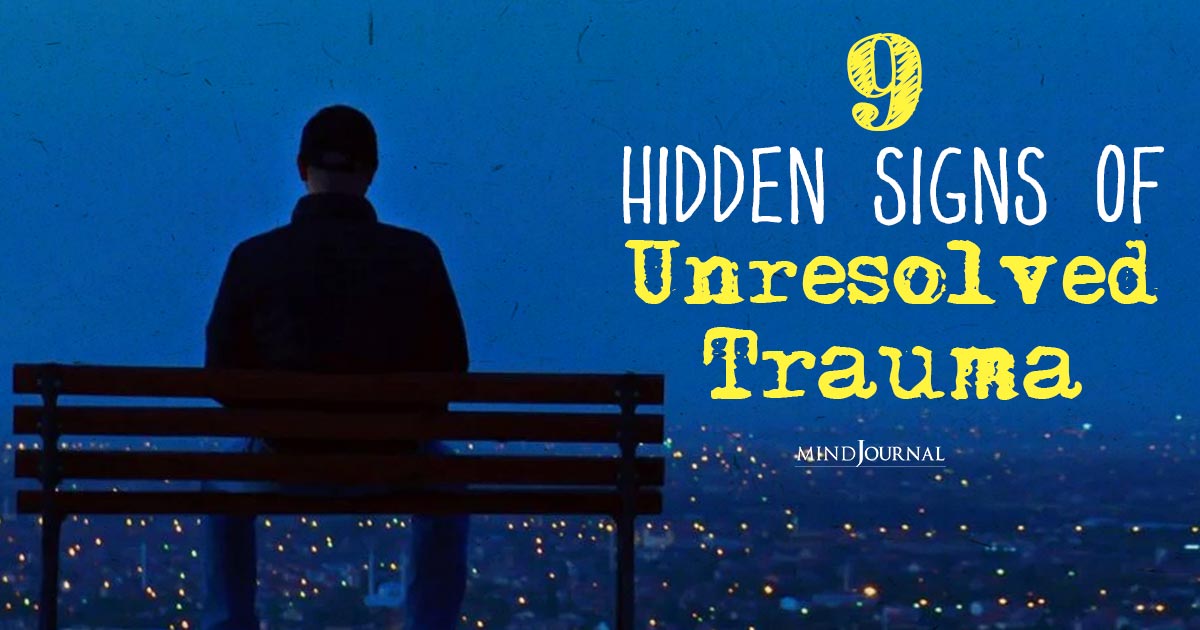

Leave a Reply
You must be logged in to post a comment.